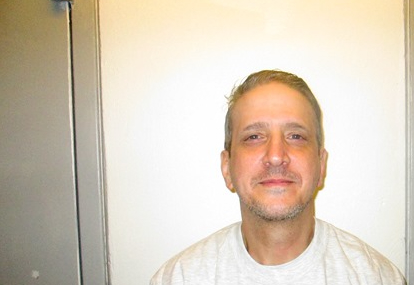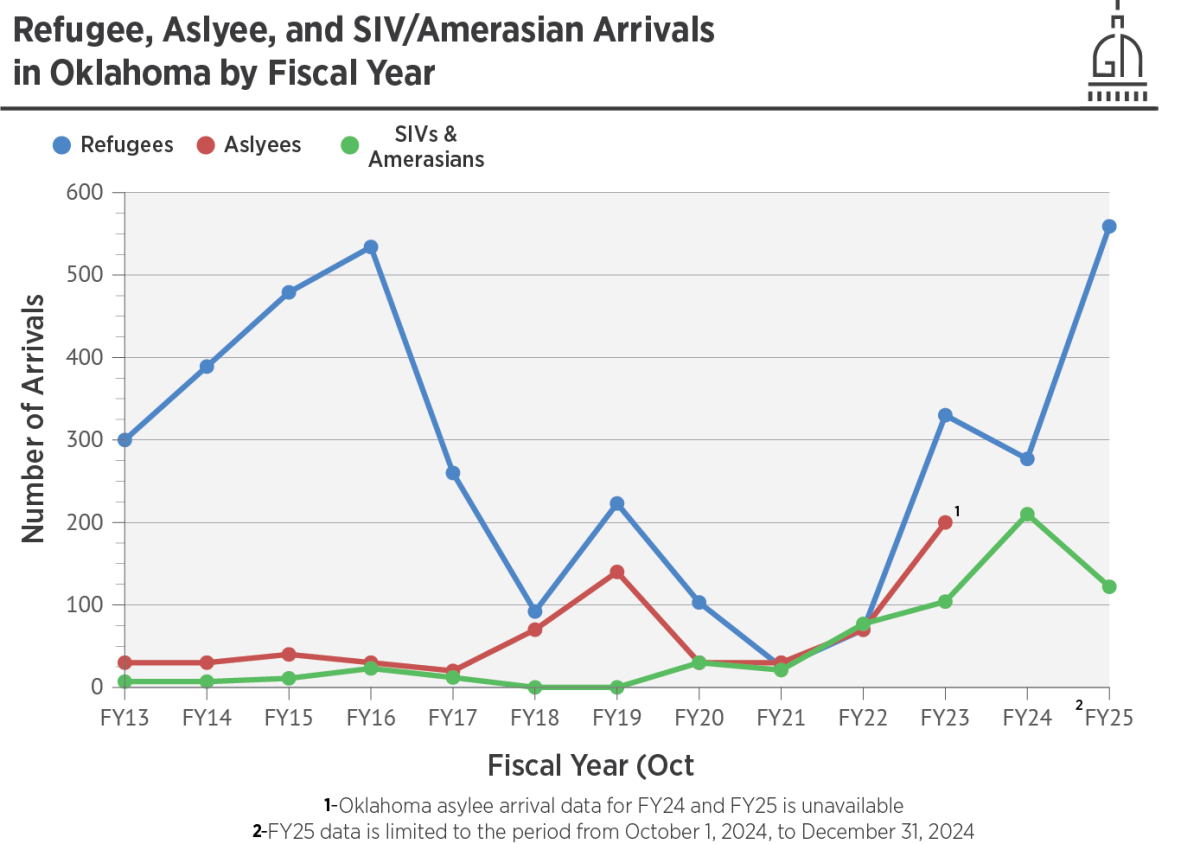WASHINGTON — Richard Glossip, now 62, who has had nine dates set for his execution and has eaten three “last” meals since he was first sentenced to death 25 years ago, next week will turn another page in his long-running legal odyssey.
Glossip- the death row prisoner whose case has drawn national scrutiny and sympathizers for more than two decades, will face prosecutors from the Oklahoma attorney general’s office rather than lawyers from the Oklahoma County district attorney. The retrial signals a new chapter in a case long seen as a litmus test for the limits and the failures of capital punishment in America.
Glossip is accused of involvement in the 1997 murder of motel owner Barry Van Treese. The court’s case against him relied almost entirely on the testimony of Justin Sneed, the 19-year-old coworker who admitted to beating Van Treese to death with a baseball bat in exchange for a guilty plea.
Sneed testified that he was under the direction of Glossip who ordered the killing to avoid being arrested for embezzlement. Sneed received a life sentence and is now 47 with no opportunity of parole.
There was no physical evidence linking Glossip to the crime; no DNA, no fingerprints, no murder weapon in his possession. The prosecution’s theory rested on Sneed’s credibility, despite inconsistencies in his statements upon other suspicions.
Over the years, legal teams and independent investigators have scrutinized Sneed’s changing story and the circumstances of the plea bargain, raising public doubts about whether Glossip received a fair trial. Two juries ultimately convicted Glossip, one in 1998 and the other in 2004.
But both trials have since been criticized for procedural misconduct. This included the destruction of key evidence and the state’s failure to turn over materials to the defense.
- July 1998: Glossip is convicted of first-degree murder in Oklahoma City and sentenced to death, mostly based on Justin Sneed’s testimony.
- August 2001: The Oklahoma Court of Criminal Appeals unanimously vacates the conviction, ruling Glossip received ineffective assistance of counsel, noting that the evidence was “extremely weak”
- August 2004: In a retrial, prosecutors again rely heavily on Sneed’s testimony, leading to Glossip’s reconviction and death sentence. No new forensic evidence links him to the crime.
- April 2007: For a second time, Glossip’s case is reviewed by the Oklahoma Court of Criminal Appeals. A divided bench confirmed the jury’s guilty verdict.
- 2014: Glossip’s previously scheduled execution date is delayed to let the state obtain drugs and train staff on a new protocol.
- January 2015: The U.S. Supreme Court puts all of Oklahoma’s executions on hold to review the protocols and the use of the sedative midazolam. A few months later, the drug was approved.
- 2015-2021: Executions are put on hold as Oklahoma trains executioners and explores alternative methods of killing death row inmates including nitrogen asphyxiation now being used in Alabama. Oklahoma reverted back to lethal injection in 2020.
- June 2022: An independent review, led by Reed Smith (commissioned by Oklahoma legislators), releases its main report followed by supplemental findings. The investigation finds that the state withheld critical evidence.
- August 2022: Glossip gets another reprieve, this time from Gov. Kevin Stitt. He is now scheduled to die on Dec. 8, 2022.
- November 2022: Stitt once again issues a stay of execution to allow more time for legal proceedings. Glossip’s new execution date is set for Feb. 16, 2023.
- January 2023: Oklahoma Attorney General Gentner Drummond announced he would not oppose efforts to overturn Richard Glossip’s conviction, citing deep concerns about the fairness of the trial.
- April 2023: Drummond asked the Oklahoma Court of Criminal Appeals to vacate Glossip’s conviction, calling it “a clear and compelling case of a miscarriage of justice.” The court denied the request, prompting Drummond to take the rare step of supporting Glossip’s appeal to the U.S. Supreme Court.
- October 2024: Oral arguments held before the U.S. Supreme Court.
- February 2025: In a 5-3 decision, the Supreme Court overturned Glossip’s conviction and ordered a new trial.
- June 2025: After months of legal discourse, the Oklahoma Court of Criminal Appeals formally granted the state’s request to retry Glossip, setting the stage for a new trial nearly three decades after his first.
On Monday, his attorneys presented a motion for that Glossip be released on a personal recognizance bond. A hearing on that motion is set for Tuesday, June 17.
In a press release, Drummond, who offered in February to take the lead in a third trial, vowed to seek justice.
“While it was clear to me and to the U.S. Supreme Court that Mr. Glossip did not receive a fair trial, I have never proclaimed his innocence,” Drummond said.
“Unlike past prosecutors who allowed a key witness to lie on the stand, my office will make sure Mr. Glossip receives a fair trial based on hard facts, solid evidence and truthful testimony,” he added.
Gaylord News is a reporting project of the University of Oklahoma Gaylord College of Journalism and Mass Communication. For more stories by Gaylord News go to gaylordnews.net.








